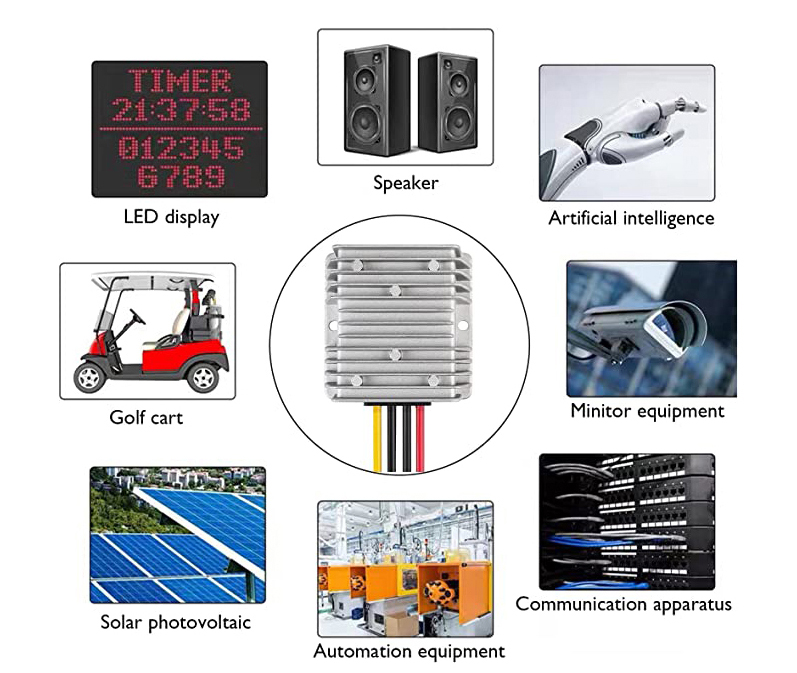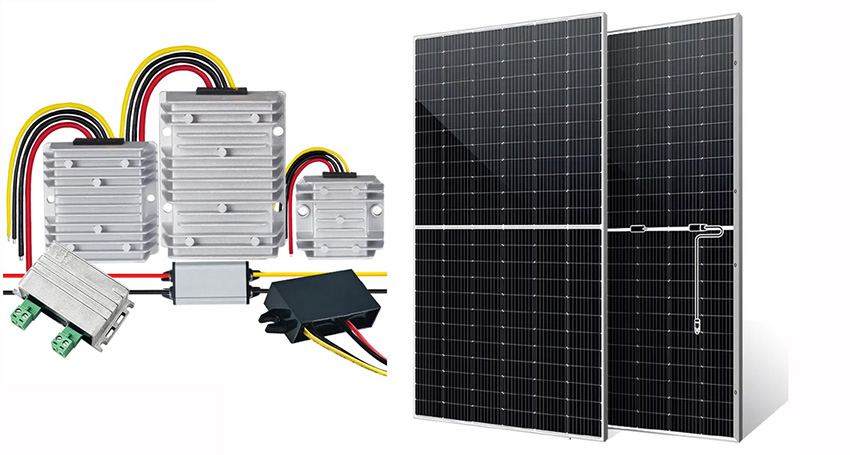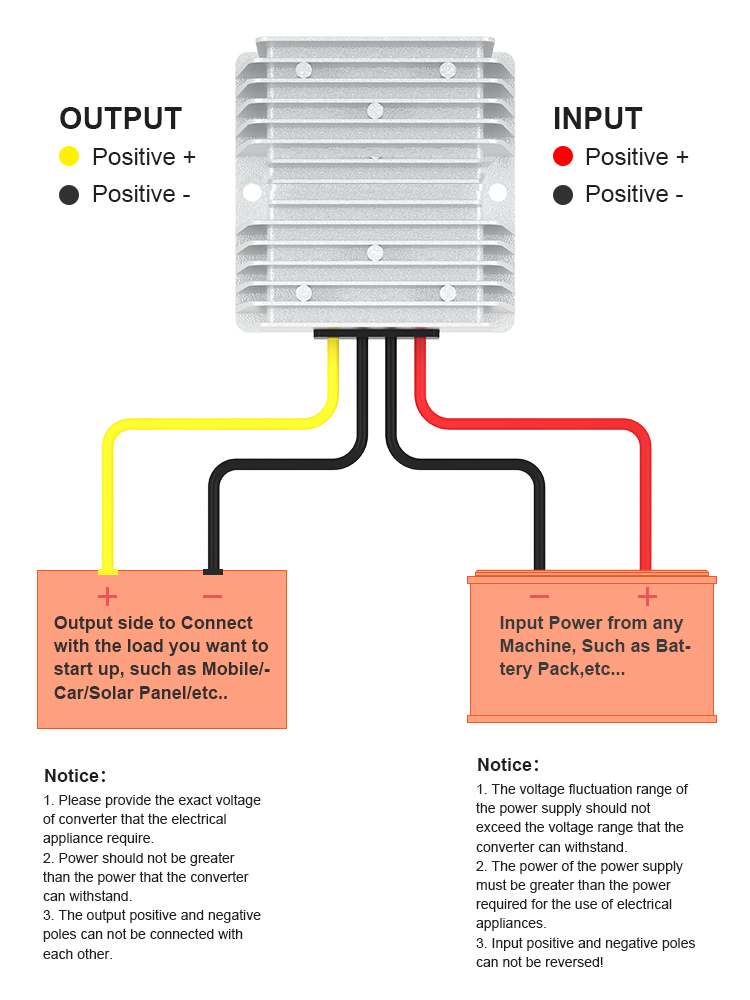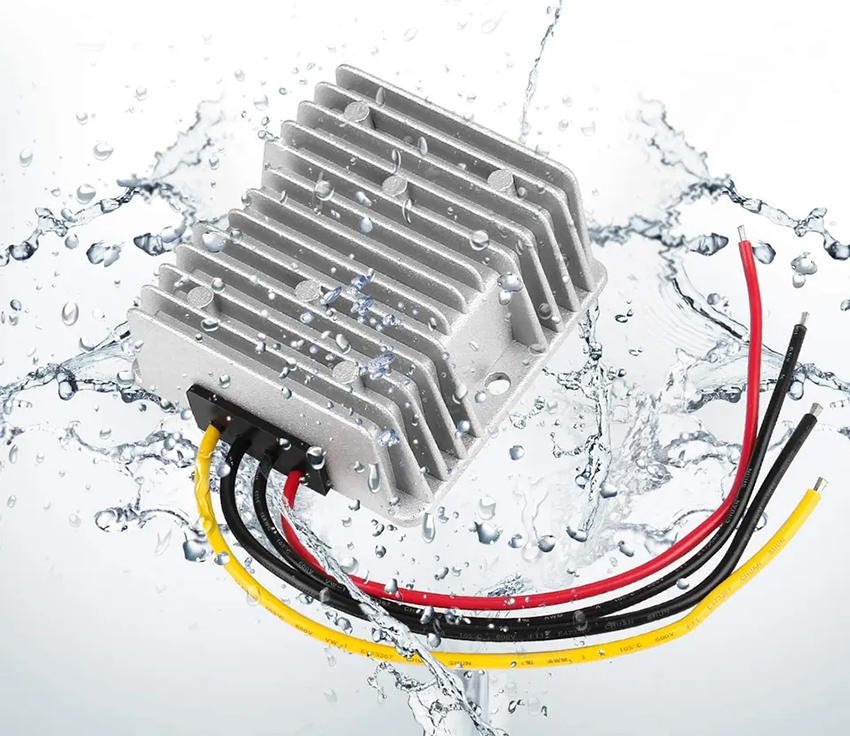Solar energy and electric vehicles (EVs) have become key players in the transition to clean energy. At the heart of these technologies is a key component, the DC-to-DC converter.
In this blog post, we will explore the critical role of DC-to-DC converters in the renewable energy sector, focusing on their applications in solar panels and electric vehicles.
What is a DC to DC Converter?
A DC-to-DC converter is an electronic device that transforms one direct current (DC) voltage into another DC voltage level. These converters come in various types, each designed for specific applications, including step-up converters (boost converters), step-down converters (buck converters), and bidirectional converters. Their primary function is to regulate the voltage supplied to electrical components, ensuring that it matches the requirements of the load.












